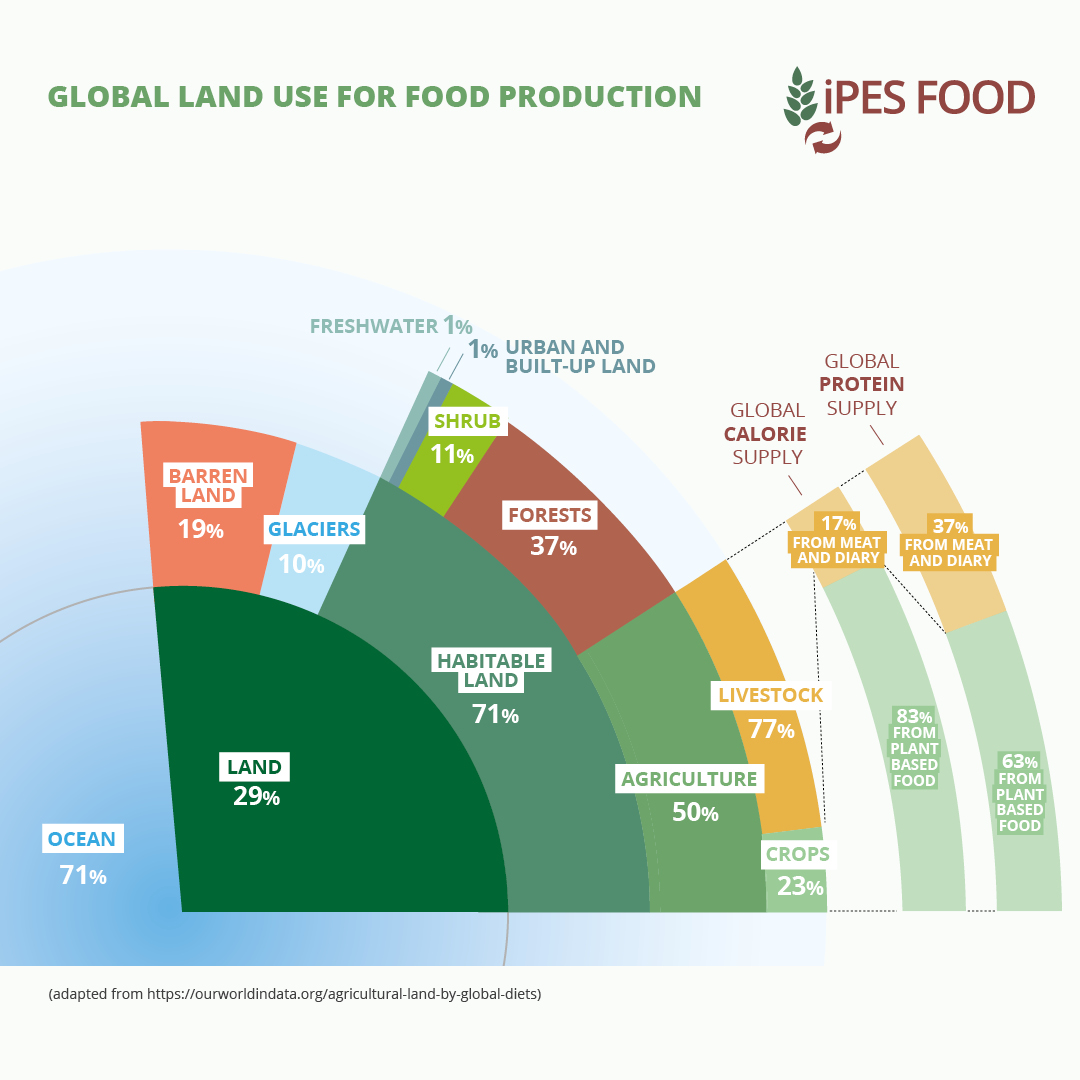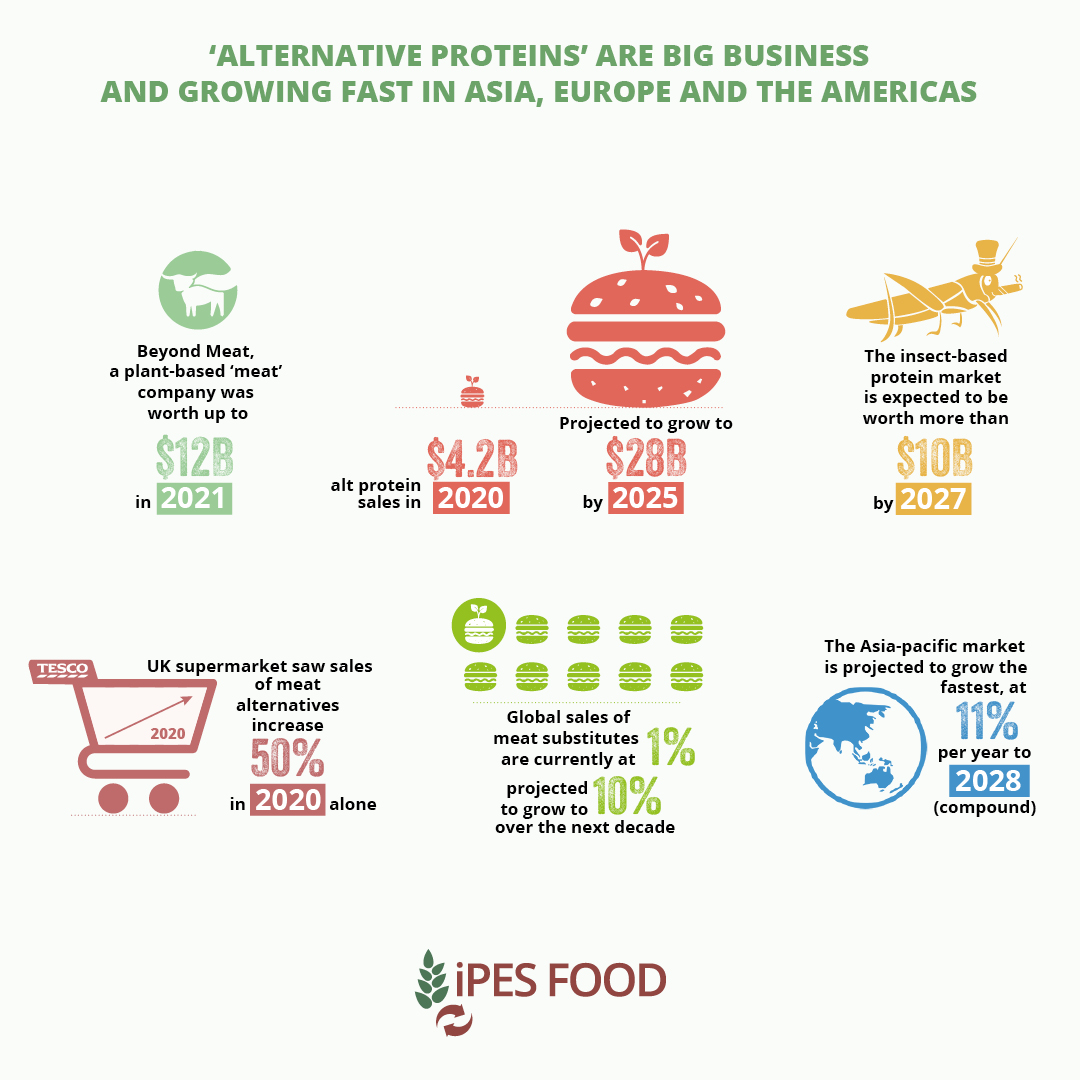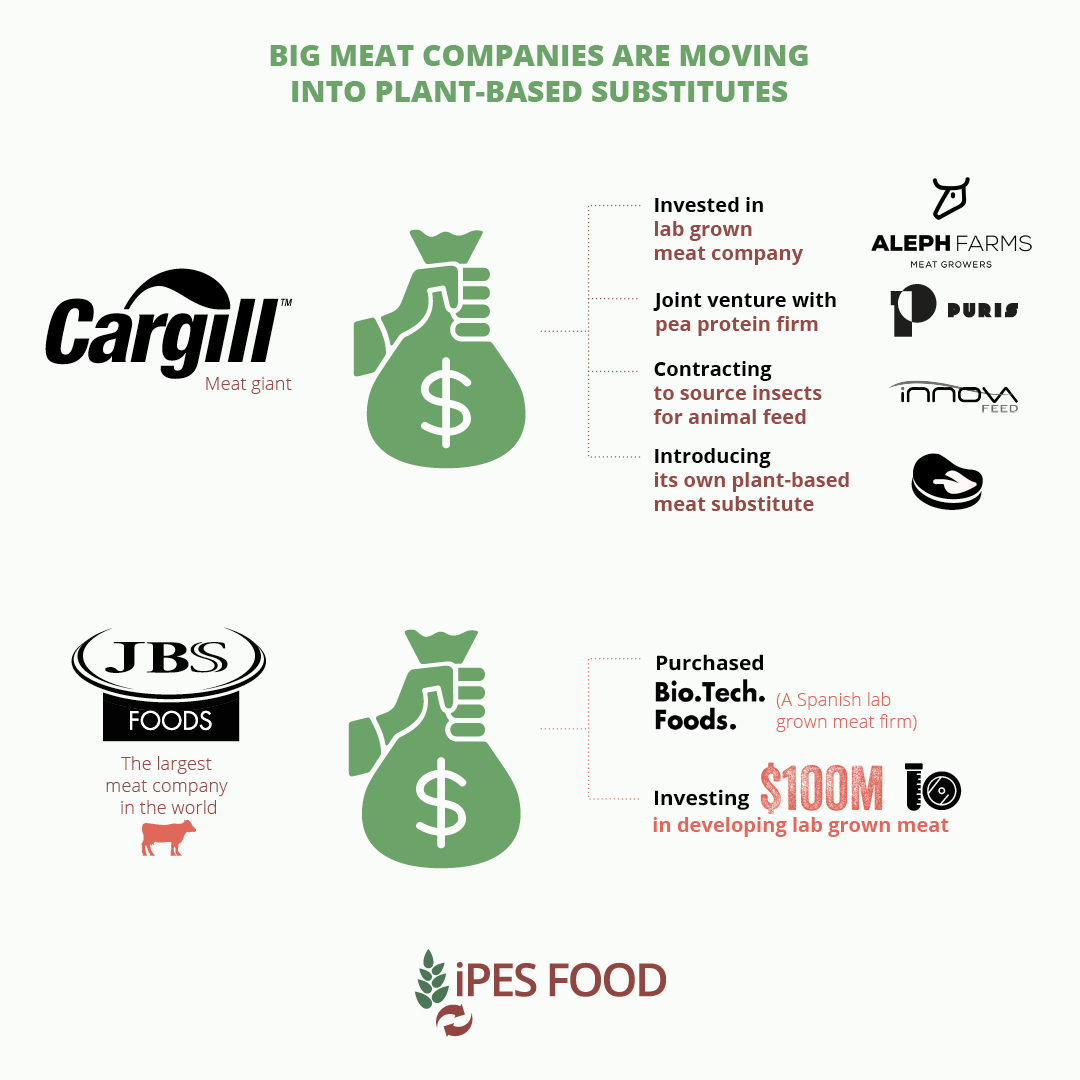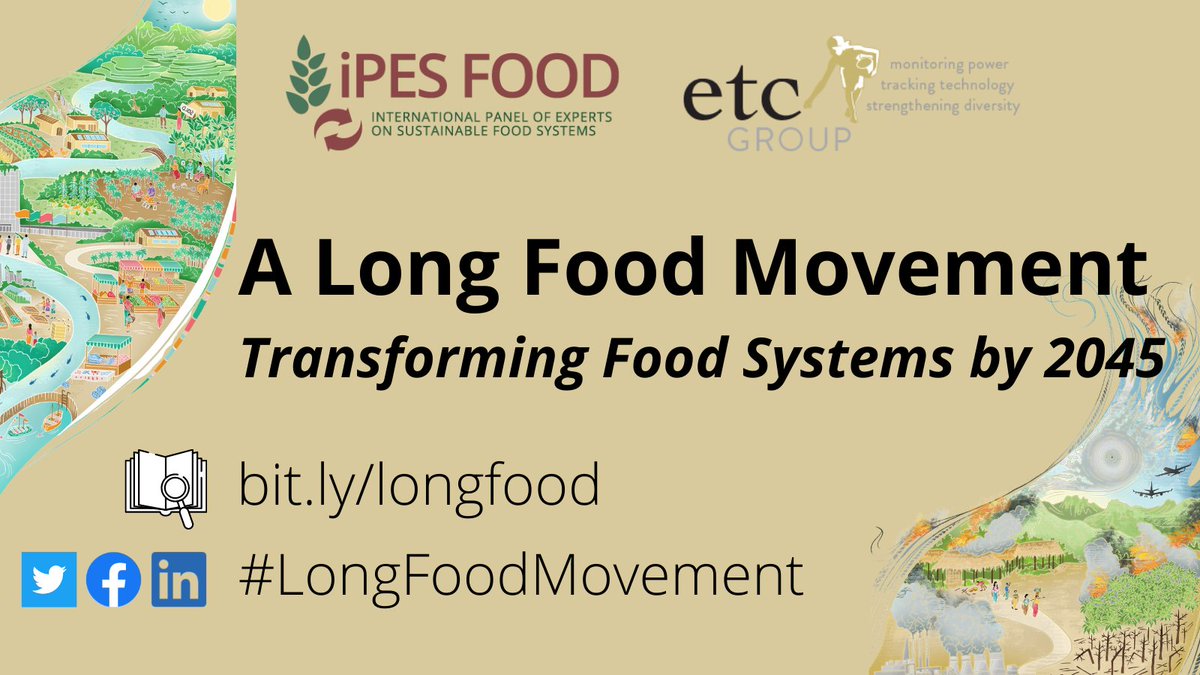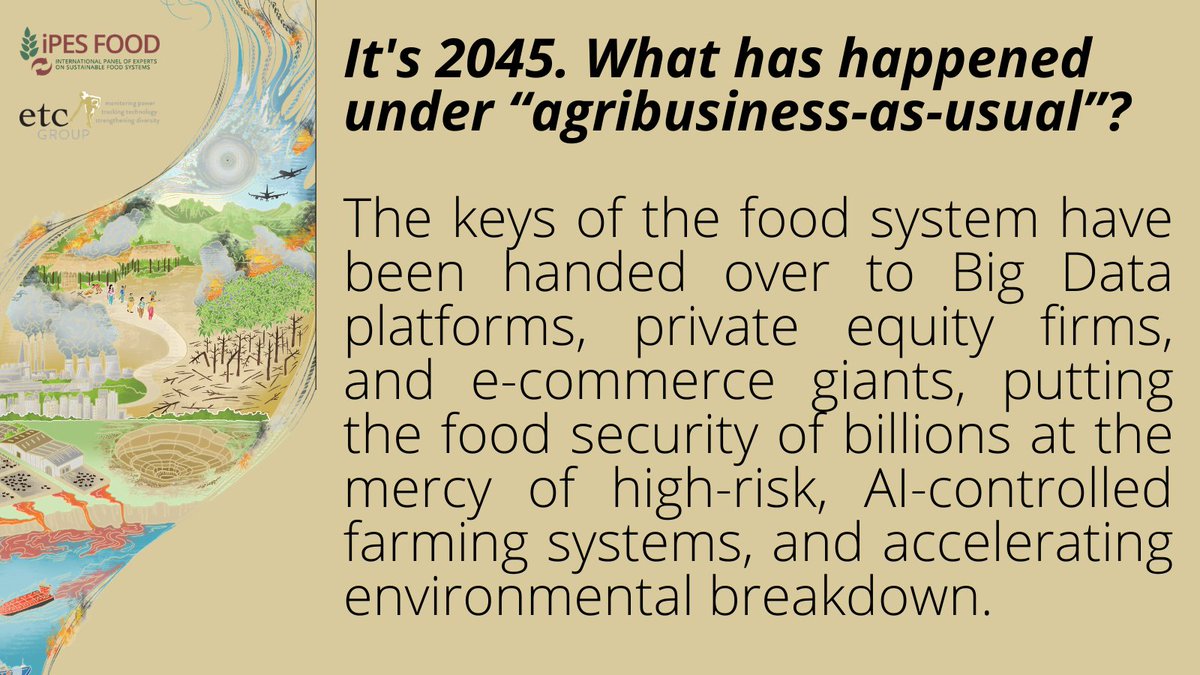In our latest report, we look at some of the obstacles facing #agroecology in West #Africa and beyond 🌍
📰 ipes-food.org/_img/upload/fi…
But even if you haven't had a chance to read it, don't worry. We'll start giving you a #thread a day.
Obstacles #1?
Access to #finance 💵
📰 ipes-food.org/_img/upload/fi…
But even if you haven't had a chance to read it, don't worry. We'll start giving you a #thread a day.
Obstacles #1?
Access to #finance 💵

Agroecological systems require little investment in external inputs and heavy machinery, as a result of drawing on natural synergies, maximizing #biodiversity, and using locally-available resources.
This makes #agroecology less costly than agro-industrial practices over the medium to long-term, and thus better suited to the economic realities of rural West #Africa
For one Senegalese farmer, “the cost of production is reduced with agroecology - incomes increase over time because the cost of investment decreases. Adopting #agroecology offers a real opportunity to free oneself from these constraints. All the inputs needed come from the land." 

Nonetheless, shifting towards an agroecological production model entails a number of fixed costs at the outset: farmers may need to invest in securing plots (fencing), managing water resources (wells), and purchasing seeds, plants, or small-scale equipment.
Securing 💵 for agroecological transition remains major challenge, despite increases in spending on #agriculture. New financial flows have primarily accrued to entrepreneurial export-oriented agriculture, high value-added sectors & agropoles, much to detriment of family farming.
This has occurred for several reasons. i.e. the accumulation of #debt has left African countries with little choice but to increase exports of goods & services (@UNCTAD, 2008) in order to obtain the foreign currencies needed to repay public debts (e.g. in #euro or #dollar-bonds).
This has reinforced the trend of replacing a #diversity of #food crops with a limited number of cash crops for export – a production model that is non-conducive to #agroecology.
@_RajPatel @cadwego @mollydelcarmen @Million_Belay @Afsafrica @fr_ajena @FundAgroecology
@_RajPatel @cadwego @mollydelcarmen @Million_Belay @Afsafrica @fr_ajena @FundAgroecology
Acc. to @camillatoulmin, economist and former Director of @IIED, the very objective of #agroecology, which aims to reduce #farmers' dependence on synthetic inputs, considerably reduces its commercial appeal to private investors.
See the report ➡️ ipes-food.org/pages/Agroecol…
-ENDS-
See the report ➡️ ipes-food.org/pages/Agroecol…
-ENDS-

• • •
Missing some Tweet in this thread? You can try to
force a refresh






